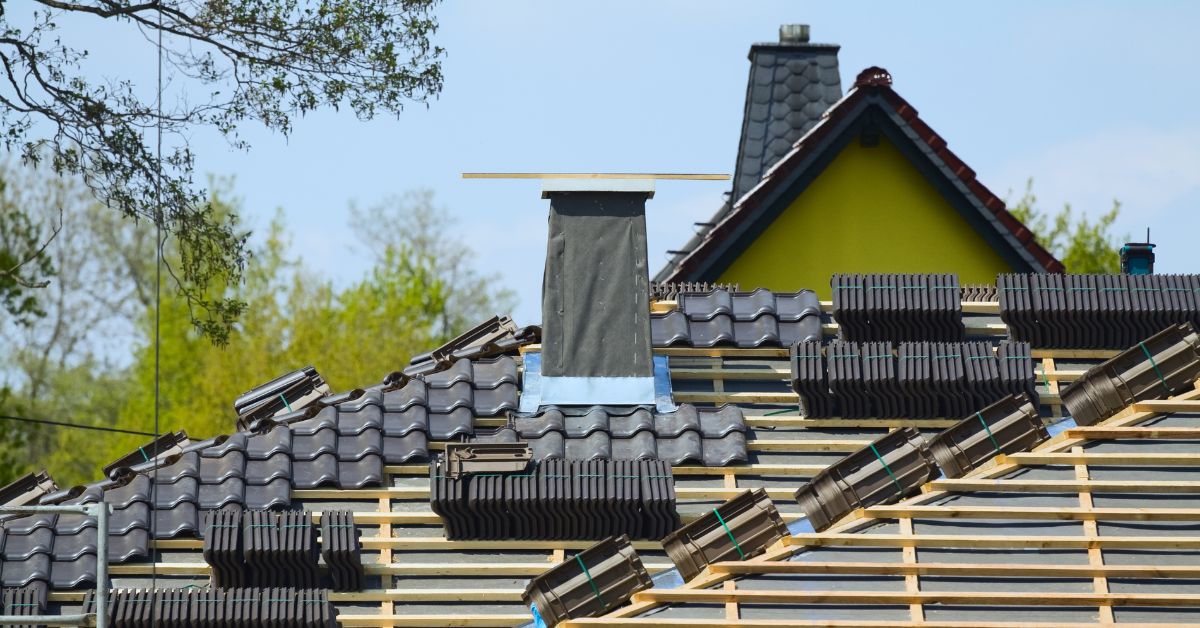In a country increasingly concerned with infrastructure resilience, housing safety, and regulatory compliance, the term “Roofing Cop” may sound novel—even humorous. But in many American cities, it’s becoming a shorthand for a critical, emerging role: individuals or agencies tasked with ensuring roofing projects are safe, code-compliant, and ethically managed.
Like parking enforcement officers, building inspectors, or zoning compliance officials, the Roofing Cop is not a literal police officer. Rather, it’s a colloquial term for building inspectors or roofing compliance officers whose work focuses specifically on roofing structures, installations, and safety protocols. In this article, we’ll explore who Roofing Cops are, what they do, how their role is evolving, and why it matters more than ever in 2025.
READ MORE: Understanding 5starsstocks.com Military: How Defense, Markets, and Digital Intelligence Converge
The Rise of the Roofing Cop: Origins and Drivers
Roofing has long been one of the most incident-prone trades in construction. From unlicensed contractors to dangerous installations, roof-related issues lead to thousands of property damage cases and injuries annually. As cities grapple with aging infrastructure, climate change, and housing demands, local governments have begun dedicating more oversight resources to roof safety and code enforcement.
“Roofing Cop” emerged as a nickname used by contractors and homeowners alike to refer to city employees who show up unannounced at construction sites, drone-monitor rooftops, or respond to roofing complaints.
Key Drivers:
- Increased roofing scams and unlicensed contractors
- Rising climate risks (hailstorms, hurricanes, extreme heat)
- Municipal liability concerns over accidents and collapses
- Public outcry following substandard roofing jobs
What a Roofing Actually Does
Whether officially titled Building Inspector, Code Enforcement Officer, or Construction Auditor, the duties associated with a “Roofing Cop” fall into these core functions:
1. Permit Verification
They check whether a roofing job has the necessary municipal permits—especially in cities where any structural alteration requires inspection.
2. Material Compliance Audits
They review the type and quality of materials used, ensuring adherence to local fire codes, insulation standards, and manufacturer guidelines.
3. Structural Inspections
Some Cops inspect framing, sheathing, and underlayment layers, especially in high-risk zones (hurricanes, heavy snowfall areas).
4. Contractor License Checks
In states like Florida or California, roofing inspectors frequently verify the licenses of roofing companies to prevent fraud.
5. Drone Surveillance
In urban centers, Cops now use drones to inspect large or hard-to-reach roofs without climbing. This is also used to monitor ongoing projects.
6. Responding to Complaints
Citizens can file reports if they see suspicious roofing activity, unsafe practices, or hear of price gouging. Roofing Cops follow up.
READ MORE: Shannon Reardon Swanick: An Emerging Force in Civic Engagement and Youth Empowerment
How Roofing Cops Affect Contractors and Homeowners
While some contractors view Cops as burdensome, others say they’ve improved industry professionalism by removing bad actors. For homeowners, the presence of roofing inspectors adds assurance that their investment is protected from fraud and unsafe practices.
For Contractors:
- Must keep paperwork (permits, licenses, insurance) updated
- May face site shutdowns if violations are found
- Could be penalized for non-compliant materials or techniques
For Homeowners:
- Can report work done without permits
- Have a resource when jobs go awry
- Benefit from enforced warranty rules and installation standards
Digital Tools and Smart Oversight
Modern Roofing Cops use advanced tools:
- Mobile inspection apps
- Thermal imaging cameras
- Real-time permit databases
- GIS mapping to assess regional risk zones
Some cities are integrating Roofing Cop functions with smart city platforms, enabling predictive maintenance models for public housing roofs and school buildings.
The Gray Area: When Oversight Becomes Overreach
Critics argue that the rise of Roofing Cops can sometimes delay projects and add costs. In regions where permits are already expensive, added layers of review increase barriers for small contractors. There have been lawsuits over perceived harassment or unfair inspection practices.
This tension mirrors broader debates in building regulation—how to balance safety with economic feasibility.
Roofing Cop vs. Traditional Building Inspector
While a traditional building inspector looks at multiple facets of a structure (plumbing, foundation, framing), a Roofing Cop is laser-focused on roof-specific issues:
| Role | Focus Areas |
|---|---|
| Building Inspector | Entire structure compliance |
| Roofing Cop | Roofing safety, code, materials |
Regional Differences
- Florida: Roofing enforcement is stringent due to hurricane exposure.
- California: Emphasis on fire-resistant roofing materials.
- Texas: Roofing Cop programs focus on contractor fraud after hailstorms.
- Northeast: Snow load and insulation standards are key.
Why Roofing Cops Are Here to Stay
As climate events become more intense and construction fraud remains persistent, Roofing Cops represent an important evolution in municipal governance. Their presence is no longer rare—it’s becoming a standard expectation in urban development.
Cities like Austin, San Diego, and Denver now list roofing compliance officers on their public planning websites.
The Future of Roofing Compliance
By 2030, we can expect:
- Full digital integration of permit systems and drone inspections
- Community rating tools for licensed contractors
- State-level certifications for Roofing Cop roles
- Increased public awareness campaigns on roofing safety
Final Thoughts: Safety Over Slogans
Roofing Cop may be a catchy term, but the responsibilities behind it are anything but trivial. These roles help ensure roofs are not just properly built, but legally sound, energy-efficient, and disaster-resistant.
Like any regulatory tool, the key is implementation that promotes trust—not tension—between builders, homeowners, and the cities they live in.
Frequently Asked Questions
1. Is a Roofing Cop an actual police officer?
No, the term is informal. Roofing Cops are typically building or code inspectors focused on roof-related issues.
2. Do I need a permit for all roof work?
In most cities, yes—especially for full replacements, structural changes, or commercial properties.
3. What happens if I don’t comply with roofing codes?
You may face fines, be required to redo the work, or have your insurance voided.
4. Can Roofing Cops shut down a project?
Yes, if serious violations or safety hazards are found, they can halt work until issues are resolved.
5. How do I report a roofing violation?
Contact your city’s code enforcement office or use their public complaint portal if available.









